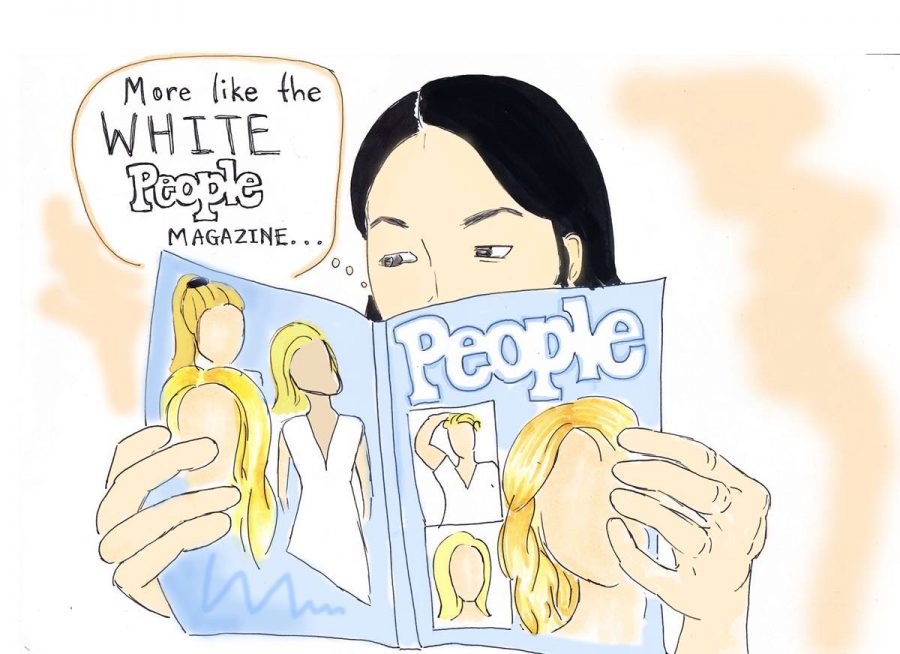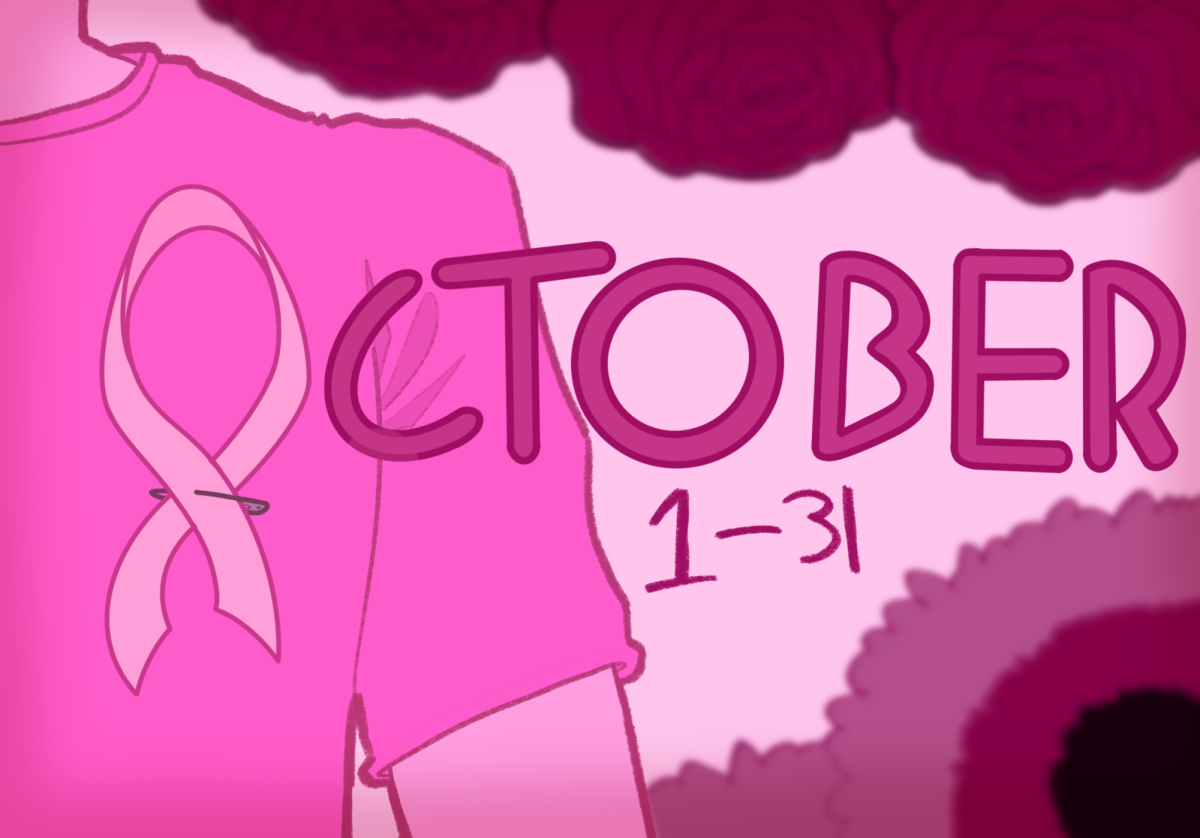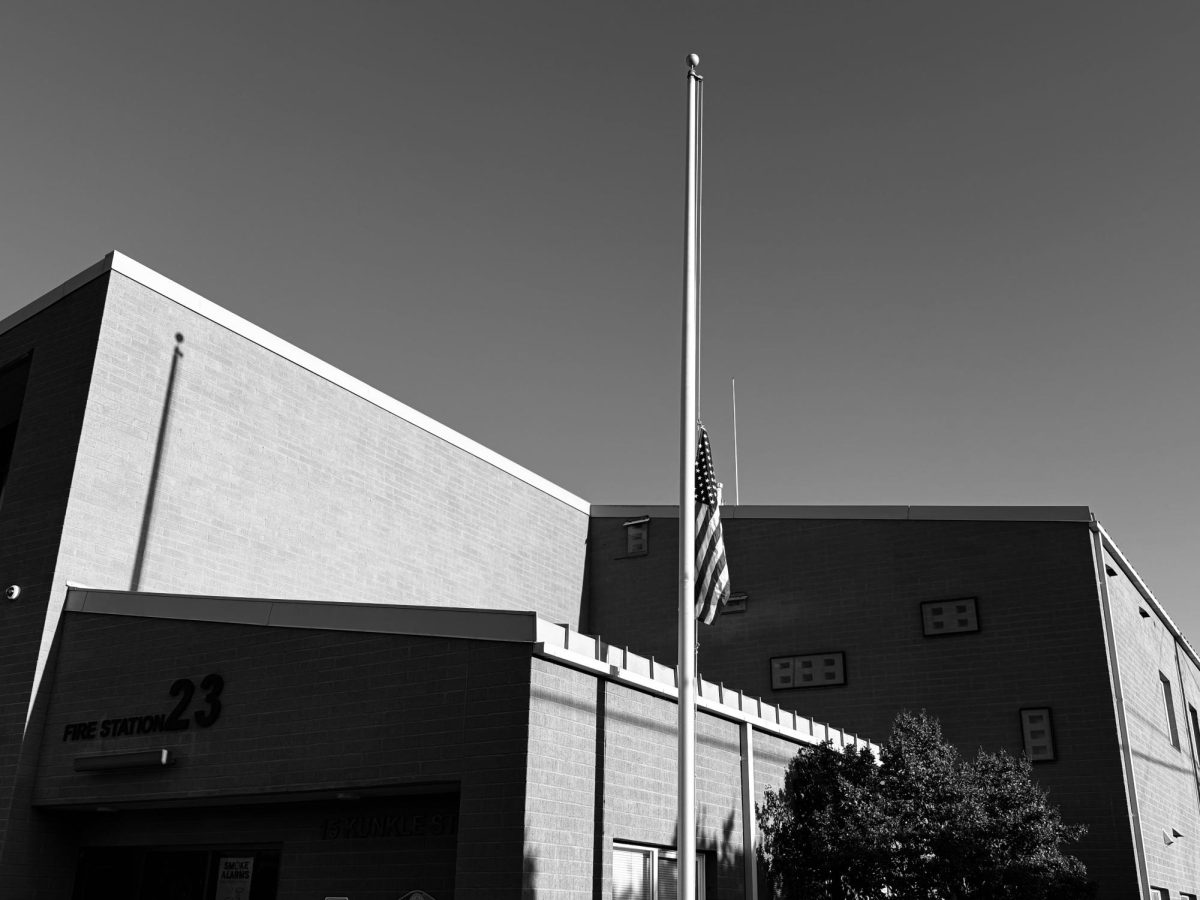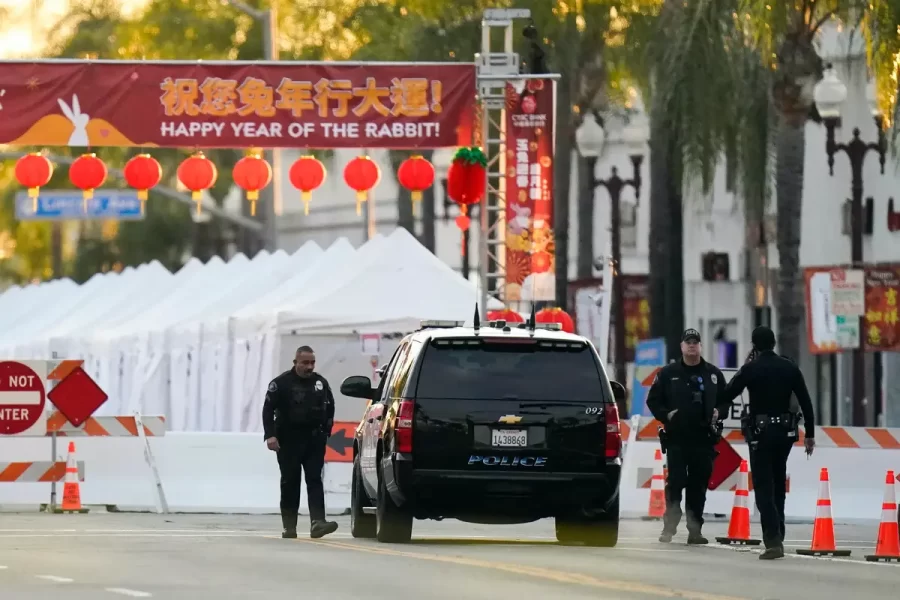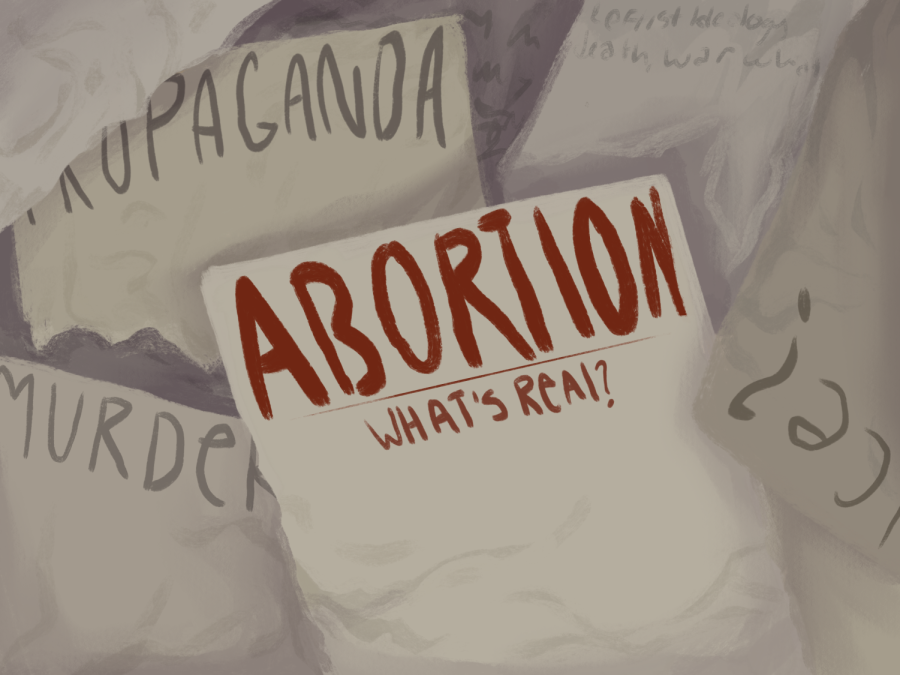Prejudice and discrimination has been rampant in U.S. since its founding. When people first started immigrating to North America, prejudice and discrimination occurred between people of different ethnic groups: Germans versus French, Dutch versus English.
On a whole different scale, however, it was Native Americans, African Americans, and Asian Americans pitted against white Americans. Throughout the history of America, the former have been heavily discriminated against. African Americans suffered whether as slaves or freedmen and Native American land was encroached on until they were forced into reservations.
As for Asian Americans? One of the most significant restrictions against immigration was aimed at Asian Americans, specifically the Chinese, in the Chinese Exclusion Act of 1882. That was then. So how is this still occurring in 2016?
A recent example was Jesse Watters’ racist Chinatown interviews that displayed thinly veiled contempt towards Asian Americans through loaded questions. An editor for The New York Times wrote an open letter to a woman who told him to “go back to China.” Asian Americans responded by sharing their own racist moments with #thisis2016. Their tweets were steeped with racist vulgarities and slurs that had been used against them.
A @nytimes editor wrote an open letter to a woman who told him to “go back to China.” Asian-Americans responded on Twitter. #thisis2016 pic.twitter.com/RUXqFhntjl
— New York Times Video (@nytvideo) October 14, 2016
We all have our own moments. On one occasion, my sister went out with her boyfriend to get coffee and was incensed when the barista completely bypassed her and addressed her boyfriend instead with, “Does your girlfriend speak English?”
When will people stop assuming that because of your face, or the color of your skin, that you weren’t born here? That you don’t belong here? That you aren’t part of this country or its culture? Why, in 2016, is alienation the norm? People need to understand and they need to accept: being American isn’t defined by race or ethnicity, it’s defined by the fact that we, whether white or not, live in this country. We belong to it and it belongs to us as much as it does to anyone else.
According to the United States Census Bureau, as of July 1, 2015, Asian Americans make up 5.6 percent of the American population. We are the second smallest racial minority in America. However, we’re not considered enough of a minority to deserve a bigger share in the racism debate like Hispanics and African Americans or enough of a majority to be treated as equals.
On one occasion, my sister went out with her boyfriend to get coffee and was incensed when the barista completely bypassed her and addressed her boyfriend instead with, “Does your girlfriend speak English?
Media often portrays Asians as foreign and unpatriotic. During World War II, people fueled by race prejudice feared there was a plot among Japanese-Americans to sabotage the war effort. The Roosevelt administration’s decision to force Japanese Americans into internment camps only seemed to validate the depiction offered by the media and perpetuate their concerns.
Black people get shot and have had to go through slavery, and Hispanics are told to go back to their country, but both racial groups assimilate. Asian Americans don’t. The only real way to assimilate Asian Americans into American culture is more representation in mainstream culture.
For example, instead of Scarlett Johansson playing a Japanese Cyborg in “Ghost in the Shell,” shouldn’t an actual Asian American play the character? Hollywood whitewashing has become a serious issue over the past years.
Asian actors are one of the least represented races in movies. Sony’s “Aloha,” whose protagonist was one quarter-Chinese and one quarter Native Hawaiian, was played by Emma Stone, a blonde-haired, green-eyed woman who does not resemble an Asian American in the least. The last predominantly Asian cast TV show was “All American Girl” in 1994 which aired for one season and was promptly canceled. That was twenty-two years ago.
People can say, “It’s just in the entertainment industry, it doesn’t matter, it doesn’t portray what life is really like.” Yes, it does. Television and film are based on reality; they are reflections of what happen around us. Asian Americans need to be represented more in mainstream culture: films, television, sports, politics, and newspapers. Only when that begins can we really be part of the racism debate. Forget overcoming racism for a second: the first step we need to take is making ourselves part of the conversation.


